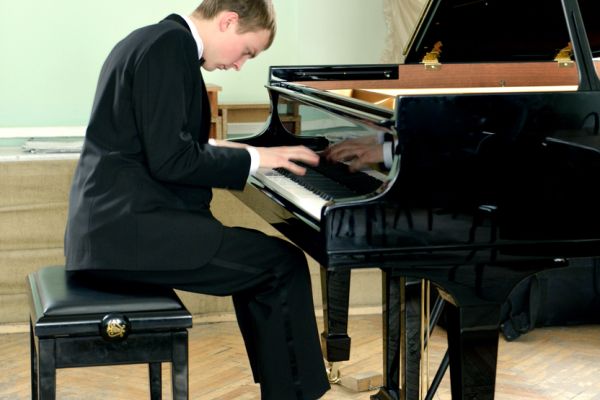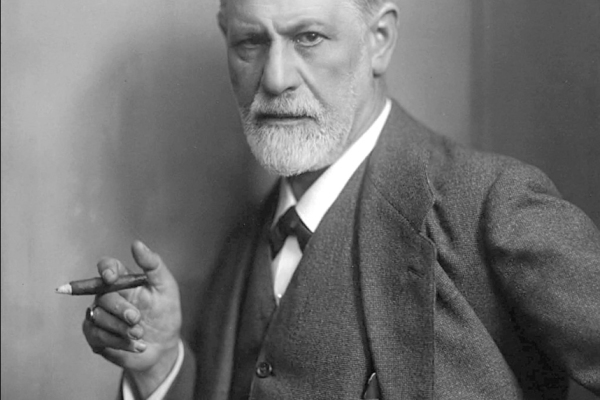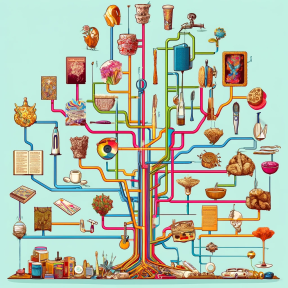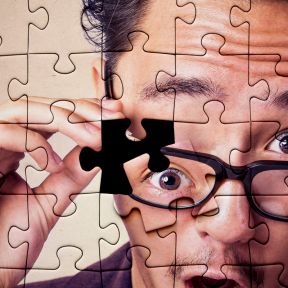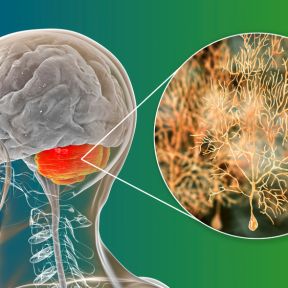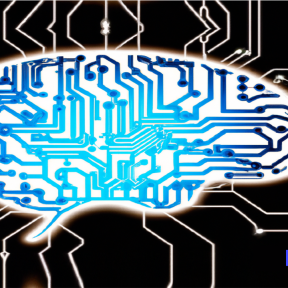
Unconscious
The unconscious is the vast sum of operations of the mind that take place below the level of conscious awareness. The conscious mind contains all the thoughts, feelings, cognitions, and memories we acknowledge, while the unconscious consists of deeper mental processes not readily available to the conscious mind.
Much learning, especially recognition of complex patterns, takes place outside of conscious awareness. Similarly, many of the elements that go into judgments and decision-making are processed outside of awareness. Intuition, too, is a product of unconscious mental operations, a set of assumptions swiftly assembled from cumulative knowledge and experience. Much of human motivation and interpersonal attraction also take shape beyond conscious awareness.
Contents

While it is difficult to measure what exists in the unconscious, scientists know that even fleeting perceptions—too swift to register on conscious awareness—can leave lasting imprints on the unconscious mind. Consciousness requires attention, but information can register in the absence of directed attention. The unconscious is the repository of automatic skills, the source of stored memories, fantasy, and dreams.
The brain is a very busy organ, running the body, constantly taking information in through the senses, making decisions—all at the same time. The unconscious is an engine of information processing, and most human functioning takes place in it. It is more important that the brain take in information than know how it got it.
Sigmund Freud was the first person to draw attention to the importance of the unconscious mind in influencing everyday activities. However, his view of the unconscious as primarily the repository of the sexual drive, destructive impulses, and repressed memories of sordid experiences has been bypassed by newer understanding what's in the unconscious and how it works.
It is a persistent myth that people use only 10 percent of their brain. Further, you actually use much of what you know unconsciously. For example, once the brain masters complex skills, like typing, it relegates them to the unconscious; you perform them automatically, without having to summon up knowledge of where each letter is on the keyboard and laboriously decide how to strike the right key.
It is popularly believed that the unconscious mind harbors dark desires and thoughts that would embarrass us—or worse—if they were spoken or acted upon. That belief is a legacy of Freud, who was the first to recognize the importance of the unconscious. What he assumed was a roiling reservoir of sexual drives and improper impulses, modern science indicates is more a highly efficient information processor.
No one knows for sure where dreams come from, why we dream, or whether dreams have any meaning at all. Although dreams seem related to experience in some way, it’s not clear what links the many seemingly random elements that appear in dreams. Many neuroscientists contend that dreams, necessary for long-term memory storage, are dumping grounds of unusable information.

Researchers know that the unconscious mind does the lion’s share of the brain’s work, but they don’t know exactly how all of it gets done, and it is an active subject of study. For example, one major area of research is how emotions take shape in the unconscious. Information is stored associatively in the brain, which is largely bundles of pathways of association—far too many to remember, but usually responsive to activation when needed.
People automatically tend to imitate the physical behavior of others, including their emotional displays, a response generated unconsciously and thought to be an important contributor to the ancestral human need for social cohesion. Much research shows that feelings arise in the unconscious, as everyday events stimulate networks of associations, and while we may be aware of the feelings, we often do not know how they arose.
The unconscious mind processes information faster than the conscious mind, and intuition is Exhibit A. But it is neither smarter nor stupider than the conscious mind. It is an essential part of our normal mental operations, as most human behavior is a mixed product of both conscious and unconscious brain activity. Take riding a bike: The motor movement is automatic, but the steering better be highly conscious!
The unconscious mind evolved as a way to help us survive. It’s not bent on anyone’s destruction. It is sometimes referred to as the “shadows of the mind,” because it was thought to be a shadow of the “real” mind. Although it is not a black hole of unacceptable impulses, it can be a source of hidden beliefs, biases—so-called implicit bias—fears, and attitudes that affect everyday thinking and behavior.

Psychotherapy is a form of problem-solving with an expert at knowing where to find the source of the problem. After all, it’s hard to get rid of a problem unless you know why you have it. Most forms of psychotherapy aim to bring into conscious awareness hidden beliefs and fears, often acquired during childhood so that they can be critically examined and their current value determined. The goal is to make people aware of the deeper reasons for their behaviors and feelings in order to enable change to more satisfying ways.
Unpleasant emotions, unwanted thoughts, hidden beliefs that nevertheless influence behavior, unproductive behavior patterns, fears—all are problems people may bring to therapy in the hope of relief. Most problems resist the simple desire for change because they have some component that makes sense with memories or beliefs stored at a level below conscious awareness.
Unconscious beliefs and feelings can be a hidden source of distress, leading to such common problems as self-defeating thoughts, anger, spending sprees and many forms of compulsive behavior in individuals. The same sources of distress can also set off painful patterns of interactions between partners in a relationship and members of a family, which often show up as behavior problems in a child.
There is no hocus-pocus to psychotherapy. Therapists are good at listening to people tell their stories and, based on solid knowledge of how the mind works, and especially patterns of association, discerning clues to their motivations, beliefs, and feelings. They are also experts at asking the kinds of questions that help people examine the meaning of past experiences and recognize the triggers for unproductive behaviors. All pave the way for positive change.
